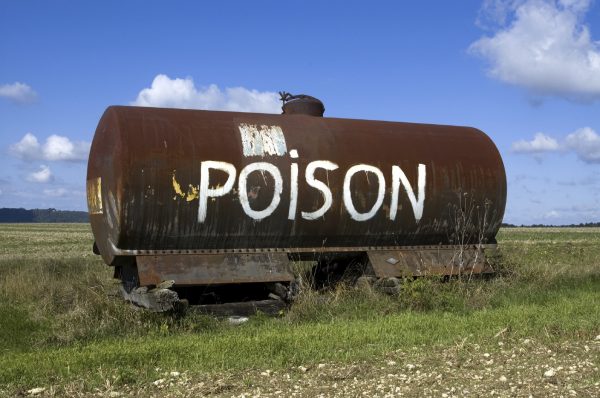National Institutes of Health links dicamba to increased risk of cancer

Published: August 6, 2021
Category: Pesticide News
A study from the U.S. National Institutes of Health warns that use of the pesticide dicamba increases risk of liver and intrahepatic bile duct cancers, acute and chronic lymphocytic leukemia, and mantle cell lymphoma.
The comprehensive study, published in International Journal of Epidemiology, followed nearly 50,000 pesticide applicators’ use of dicamba for two decades in Iowa and North Carolina.
“Just as with glyphosate, we were falsely told that dicamba was completely safe for humans and there was nothing to worry about,” said Nathan Donley, a scientist at the Center for Biological Diversity. “With dicamba’s ability to drift for miles, people in many areas of the country are now routinely forced to breathe in this dangerous pesticide.”
Donley insisted the EPA’s dicamba approval is reckless and an “absolute indictment” of its continued rubber-stamping of dangerous pesticides. First approved in 2011, in 2018 it was reapproved amid reports of 5 million acres of dicamba damage to crops, trees, and backyard gardens. Monarch butterfly populations are also threatened by dicamba. Animal studies also revealed altered liver function, potentially inducing liver tumors and cancer in combination with other carcinogens.
National Family Farm Coalition, Pesticide Action Network, Center for Food Safety, and Center for Biological Diversity are now challenging the reapproval of dicamba expected by the end of 2021—to prevent millions of pounds of the chemical being applied this year.
Source: Sustainable Pulse
To view source article, visit:
Organic & Non-GMO Insights August 2021








